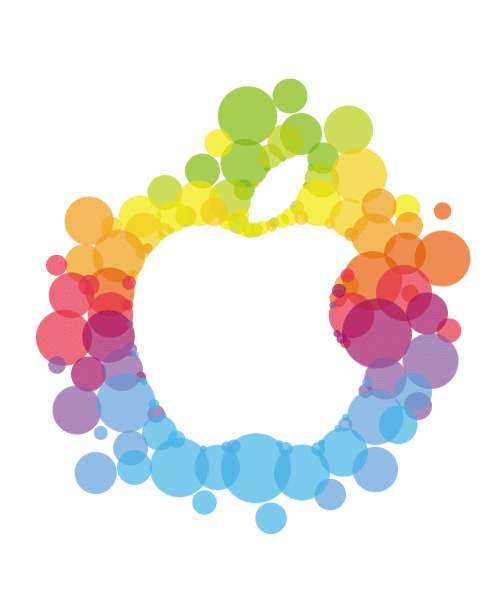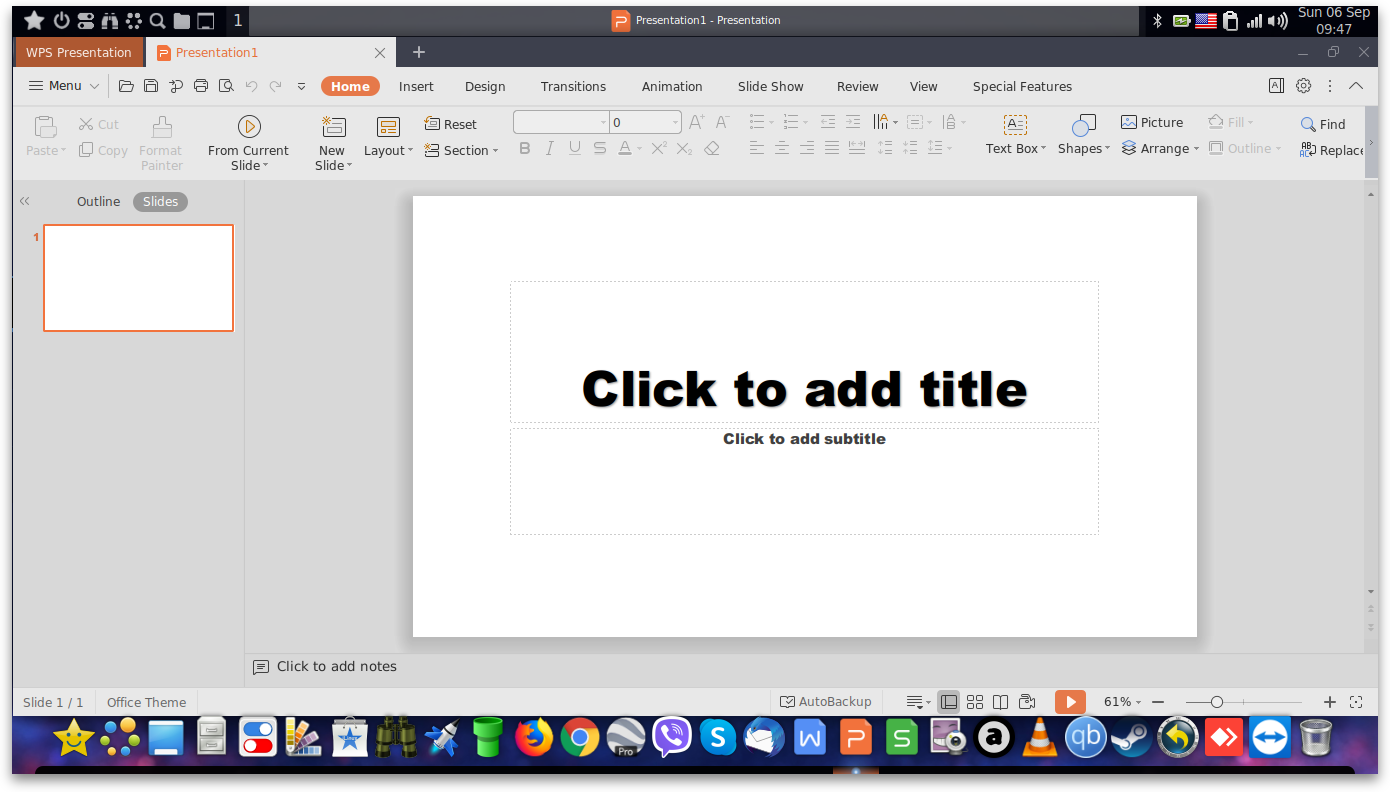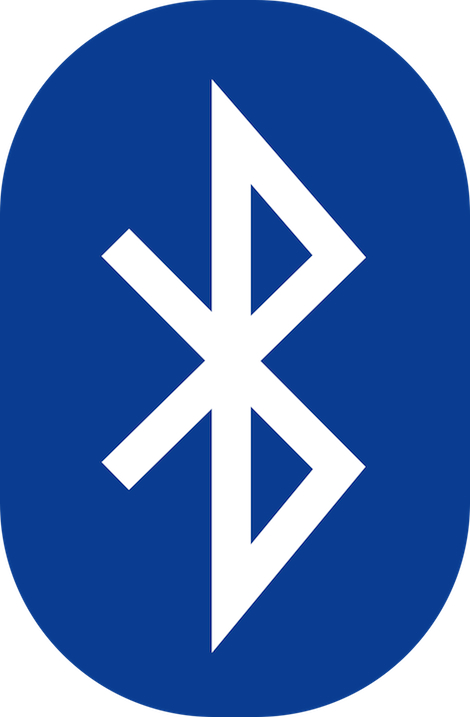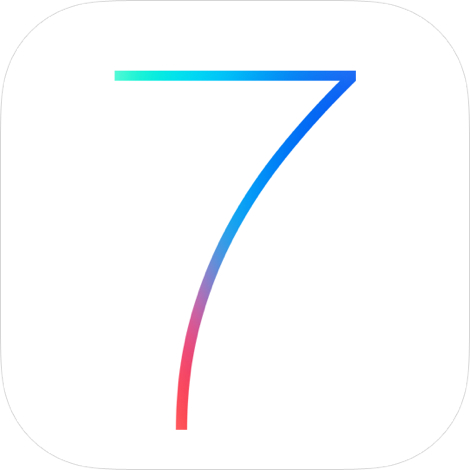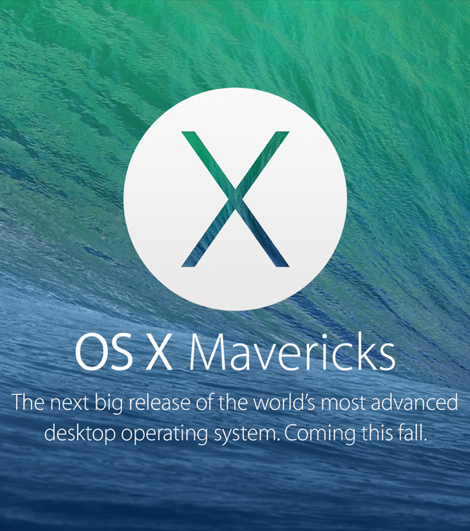
Business iPad users beware. Your halcyon days of loading whatever the heck you want onto your tablet may be coming to an end.
Apple is set to introduce a couple of new features that will give corporate IT new ways to lock down the iOS 6 operating system, which powers the iPad and the iPhone, according to Zenprise, a mobile device management company that was briefed on the features by Apple.
When Apple releases iOS 6 next Wednesday, it will include “several powerful enterprise features that enhance the ease with which CIOs & IT departments can put mobile to work,” Zenprise said in a blog post.
For Fruit Ninja, Skype, or Angry Birds lovers, the most important feature may be something called App Lock. It lets corporate IT lock down the iPhone or iPad so that it runs just one predetermined application and new software cannot be installed by the user.
That will pave the way for a new generation of iPads that will work more like cash registers than tablets. “For example, if a retailer wants to use iPads to enhance the customer in-store experience, the iOS 6 app lock-out feature makes it so that the only app on the device will be the one for the job at hand,” Zenprise said in an e-mail message.
Apple didn’t respond to messages seeking comment for this story, so we don’t know if the company is already using the software to lock down iPads at One Infinite Loop.
Apple has a bit of a twisted relationship with corporate customers. Clearly, the company likes the fact that lots and lots of people are buying iPads and bringing them to work. During the iPhone 5 launch Wednesday, Tim Cook demoed custom apps written by companies like GE Capital, the Mayo Clinic, and Ducati, while bragging that 94 percent of the Fortune 500 are using, or at least testing out, iPads.
But first and foremost, Apple considers itself a consumer product company. Under Steve Jobs, the appeal to corporate types was definitely considered uncool.
But Tim Cook — who spent more than a decade at IBM before he signed on at Apple in the late 1990s — seems to be a bit more business-friendly, says Van Baker, an analyst with the Gartner research firm.
Under the radar, Apple runs programs to make its hardware more appealing to corporate users. Last year, we profiled Apple’s stealth efforts to sell iPads to hospitals. And in July, the company’s security team made its first-ever public appearance at the Black Hat security conference in Las Vegas, where a manager named Dallas De Atley bored the audience with a dry technical presentation on the security of iOS.
In March, Apple quietly slipped out new configuration management software that lets corporate types set up their own custom software builds for the iPhone or iPad and then configure 30 machines at a time.
Corporate types love that stuff, and Apple knows it, Baker says. “They realize that an awful lot of these devices are going into the enterprise and if they can at least be somewhat accommodating to the enterprise — if they can give them enough controls — that’s going to pave the way toward installing a heck of a lot of devices,” he says.
Also set for next week’s iOS launch, a new wallpaper feature that gung-ho corporate types might like, but which strikes us as simply mean.
It “allows the background of an iPad to be customized with the logo of a company so that these single purpose devices can be branded,” Zenprise said in an e-mail. “This mode can be ‘locked in’ so that the background will only display what the IT group mandates.”
This means the eradication of known productivity killers such as wallpaper with photos of kids, cats, or that funky motel you partied in at Joshua Tree last year.
One of the reasons that Apple has done so well in the enterprise is because CEOs and other executives have brought iPhones and iPads in to work and loved them so much that they have simply ordered the geeks in IT to support them.
And in that spirit, the wallpaper lockdown may be another play for the CEO’s heart, says Baker. “I’m sure that it’s to appeal to the vanity of the CEOs who want to have the company logo on them.”
Πηγή:
http://www.wired.com/wiredenterprise/2012/09/apple-ios6-lockdown/ 

